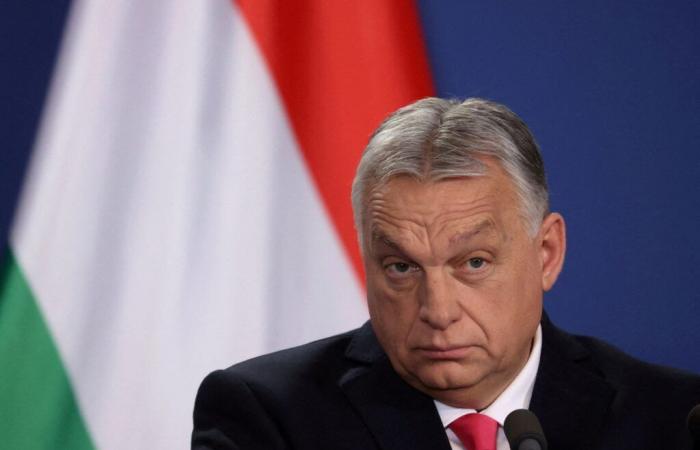
The Hungarian government’s budgetary plans for the 2026 electoral year could be compromised if its economic growth hypotheses proved to be too optimistic, the president of the budgetary council, the budgetary surveillance body, told Reuters.
Prime Minister Viktor Orban’s government is planning economic growth of 4.1 %for next year, well above the economists’ consensus interviewed by Reuters (3.2 %) and forecasts from the International Monetary Fund (2.6 %).
S&P Global, which lowered last month the prospect of the credit note of Hungary from “stable” to “negative” due to concerns linked to budgetary stability, tables a growth of 2.5 % for next year.
“The main risk for the budget is that growth forecasts are too optimistic for 2026 also,” said the president of the budget council, Gabor Horvath on Sunday in remarks authorized to be published.
“There are important uncertainties concerning GDP growth this year, and these uncertainties are certainly not less for growth in 2026.”
Mr. Orban relies on economic resumption to help him win a new mandate in next year’s elections, where he should face the greatest opposition for more than a decade.
The recovery, initially expected from last year, has not materialized so far, forcing the government to reduce spending, increase taxes and revise its growth forecasts for 2025.
The Hungarian economy was bogged down in stagflation in the first quarter, with an unchanged production compared to last year and inflation reaching the highest levels of the European Union.
In response to data from the first quarter, weaker than expected, the Ministry of the Economy told Reuters that it planned to submit the budget to Parliament with its initial economic assumptions, and to proceed to a new revision of its forecasts in June.
The government aims to reduce the budgetary deficit next year to 3.7 % of the gross domestic product, against a recently raised target of 4 % for 2025 and a higher than expected deficit of 4.9 % in 2024. Economists interviewed by Reuters, however, count on a deficit of 4.2 % for next year.
Given the scale of the uncertainties weighing on the global economy, the early adoption of the 2026 budget has not helped, said Horvath.
As in the 2025 budget, the level of reserves remained too low to cope with the unexpected.
“The level of reserves is again very low, which, given the very high uncertainties, could be insufficient,” he said.
Moody’s Analytics warned that customs duties would harm the economies of central European exports, the Czech Republic, Romania and Hungary appearing among the most affected countries. The Hungarian central bank also reported these risks.
Horvath also said that it was risky for the government to assume that its strong tax reductions for families could be funded by stronger growth, while special taxes on businesses remain in force. (Report by Gergely Szakacs, edited by Tomasz Janowski)







